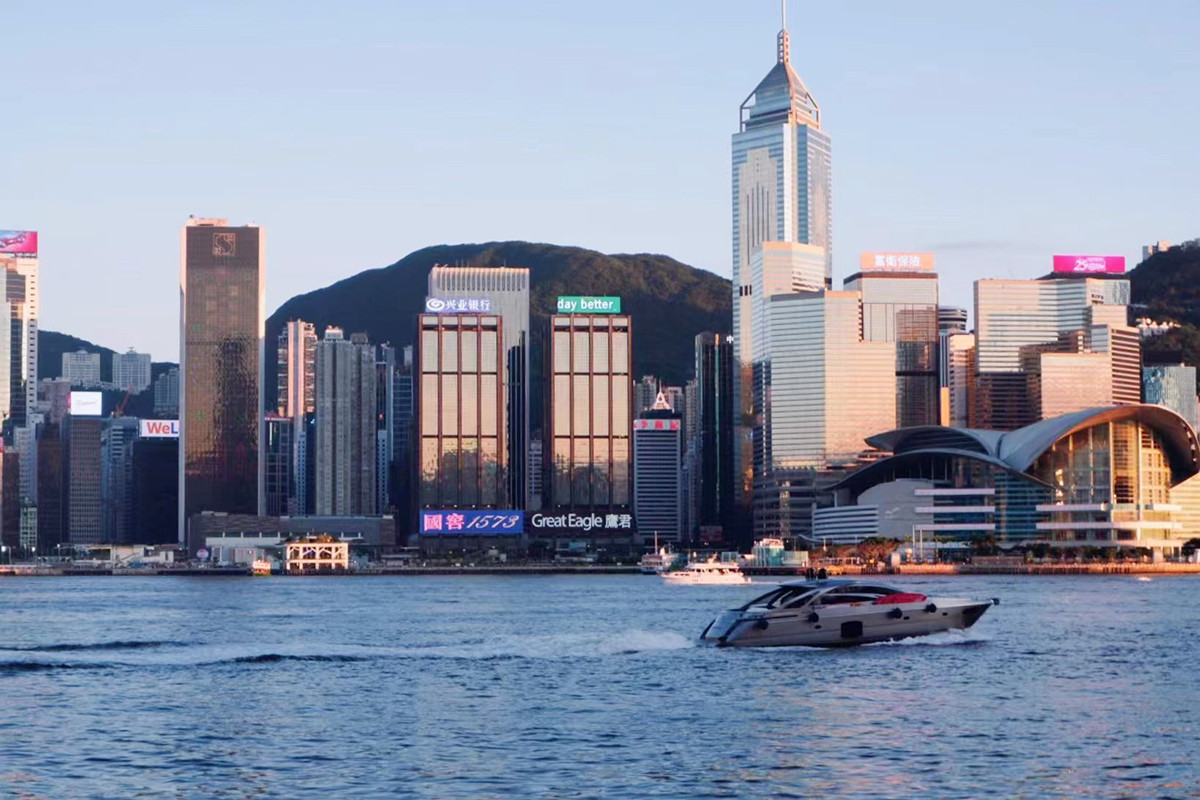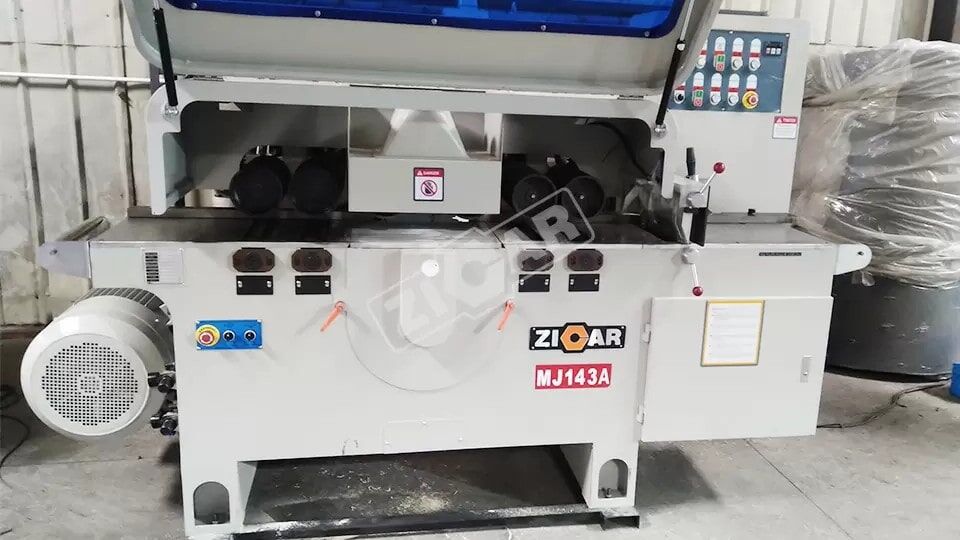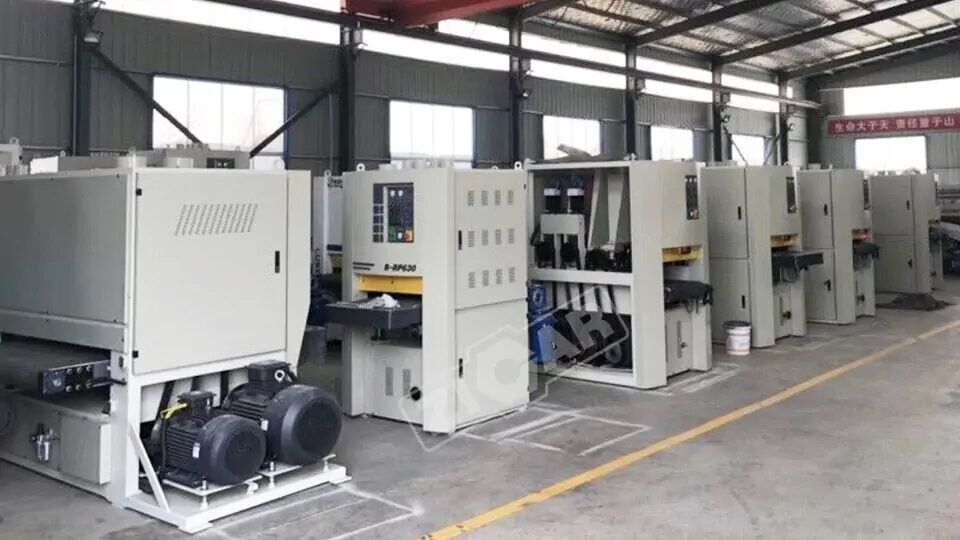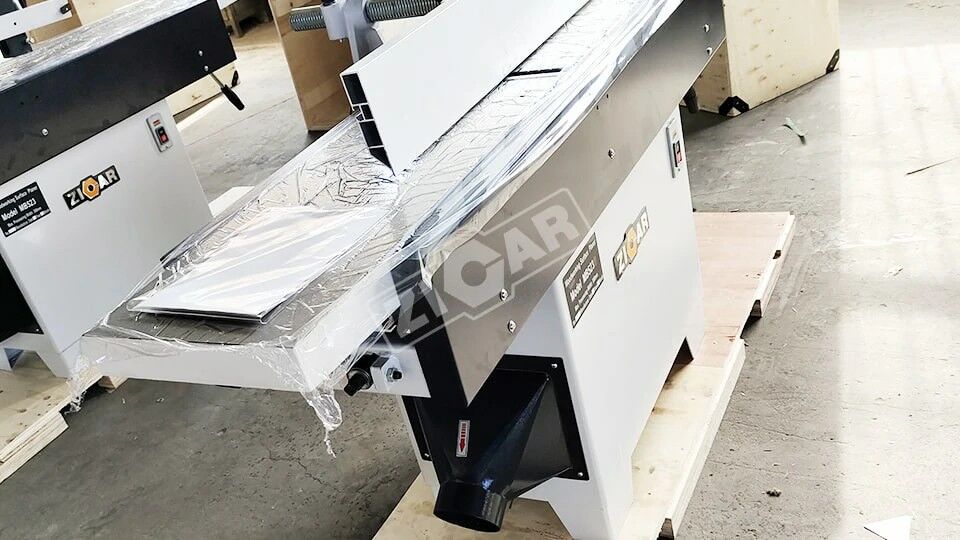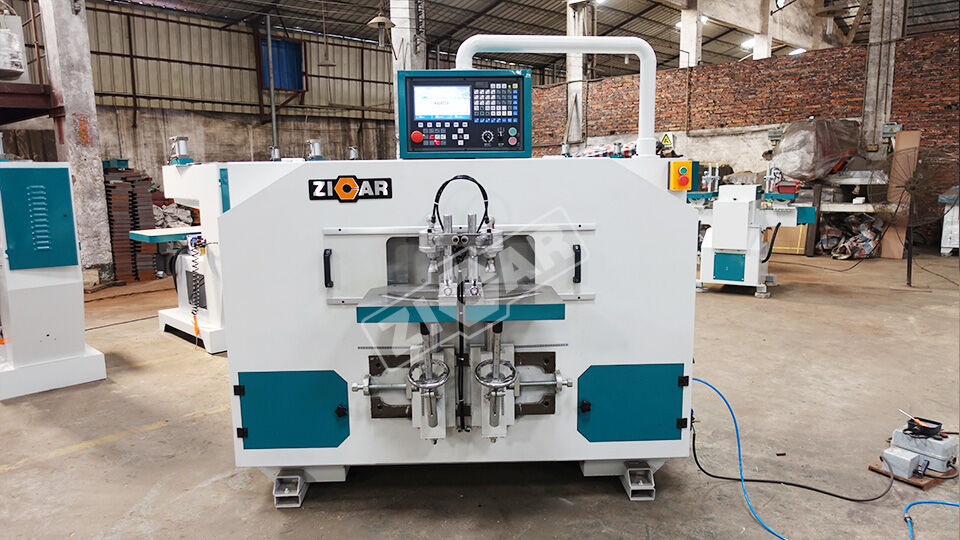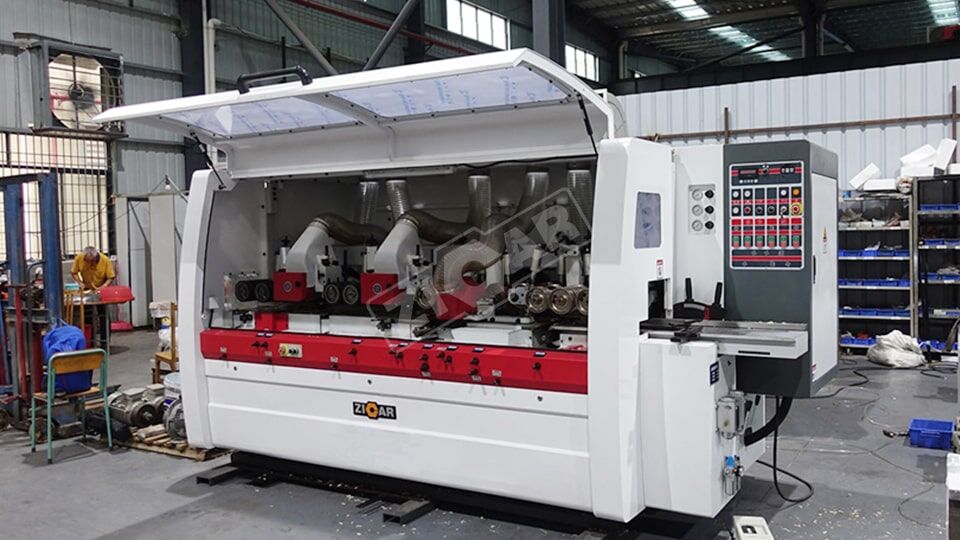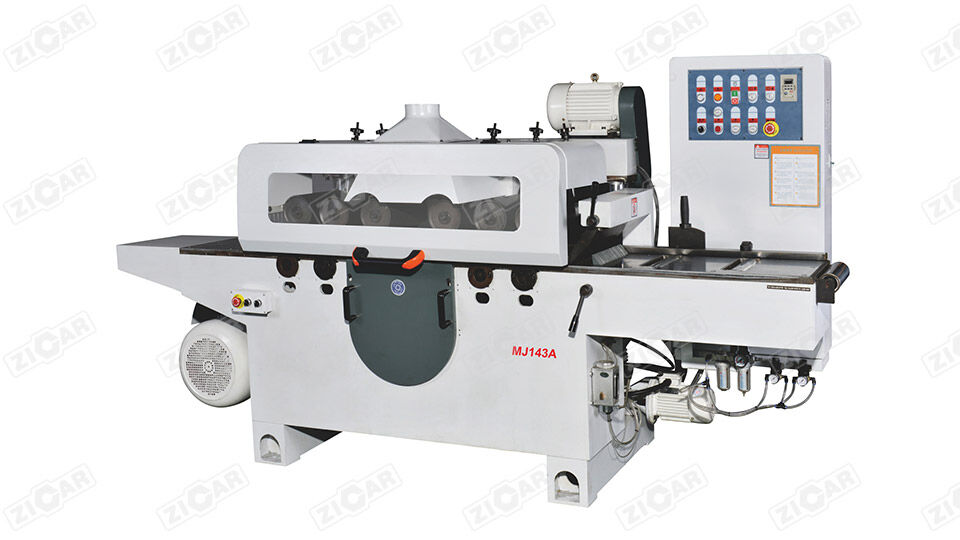Welcome to Jaya International Co., Ltd one-stop shopping solutions for large solid wood machinery
What are the EBS, CIC and ECRS surcharges in ocean freight?
One. What is the cost of EBS?
EBS is the acronym for Emergency Bunker Surcharge, which means Emergency Fuel Surcharge. EBS is a surcharge for sea freight, which is generally settled in US dollars like sea freight. In the case of FOB terms, this fee should be borne by the consignee, not the shipper, because EBS is not a FOB local fee. This fee can be paid on arrival or in advance.
EBS is generally a surcharge that is temporarily added in order to make up for the rapidly rising cost when the international crude oil price is rising rapidly and the shipping company feels that it exceeds its own capacity. .
According to different periods, different destination ports, and different shipping companies, the charging standards may be different. Generally, it is adjusted according to the fluctuation of international crude oil prices, and it may also be cancelled after a long time of confiscation.
Two. What is the CIC fee?
CIC is the acronym for Container Imbalance Charge, which means Container Imbalance Surcharge. Also sometimes called Container Imbalance Surcharge. As the name suggests, this fee is a surcharge imposed by the shipping company in order to make up for the cost of adjusting and transporting empty containers due to the imbalance of trade volume or seasonal changes resulting in the imbalance of cargo flow and containers.
1. China has always encouraged exports (export tax rebates...) and restricted imports (import taxes...) resulting in a serious imbalance between export and import trade. For example, within a certain period of time, all containerized goods exported from China to the United States (mainly general industrial products such as clothing, shoes and hats, and daily necessities) used 1 million containers, while the products exported from the United States to China (mainly high-tech products) Lord) is far from enough to use 1 million containers. In order to improve the utilization rate of containers, shipping companies have to ship some empty containers (the United States does not have so many goods to be loaded to China) back to China. Because China uses more boxes, the United States uses less boxes.
The routes from China to Southeast Asia and China to Europe have the same problem. Most of them go out from China, but less from Southeast Asia and Europe.
2. Seasonal changes in shipping container cargo transportation will also lead to significant unbalanced cargo flow. Western countries such as North America and Europe usually belong to the off-season of transportation at the beginning of the year, and then increase after four or five shipments, and form a transportation climax before Christmas. Amount increased.
3. In fact, not only China, but the entire East Asian region exports significantly more goods to North America and Europe than those imported from North America and Europe to China and other East Asian countries. The Far East-North America route, the Far East-Europe route, and the East Asia-Southeast Asia-Australia route all have the problem of unbalanced import and export containers. This is not only related to the imbalance of international trade, but also has a lot to do with the type and nature of the goods.
Three. What is ECRS?
ECRS is the acronym for Emergency Cost Recovery Surcharge, which means Emergency Cost Surcharge. Some people say that ECRS can be called a "severe weather operation surcharge" - such as bad weather conditions cause a significant increase in shipping and operating costs, and so on, this strange fee will be added.
Who should pay for this cost? Is it a surcharge for shipping or a FOB local fee? There are different opinions, some are paid by the sender, and some are paid by the receiver.
Related recommendations
Best quality, best service
Please give us a message
The More You Know Us, The More You Trust Us!
We trust that our experience and intimate knowledge of this line will entitle us to your confidence.
Email: sales@jayacn.com
Add: NO.216 Zhongkai Road, Qinshui Industrial Park, Muping District, Yantai City, Shandong China

